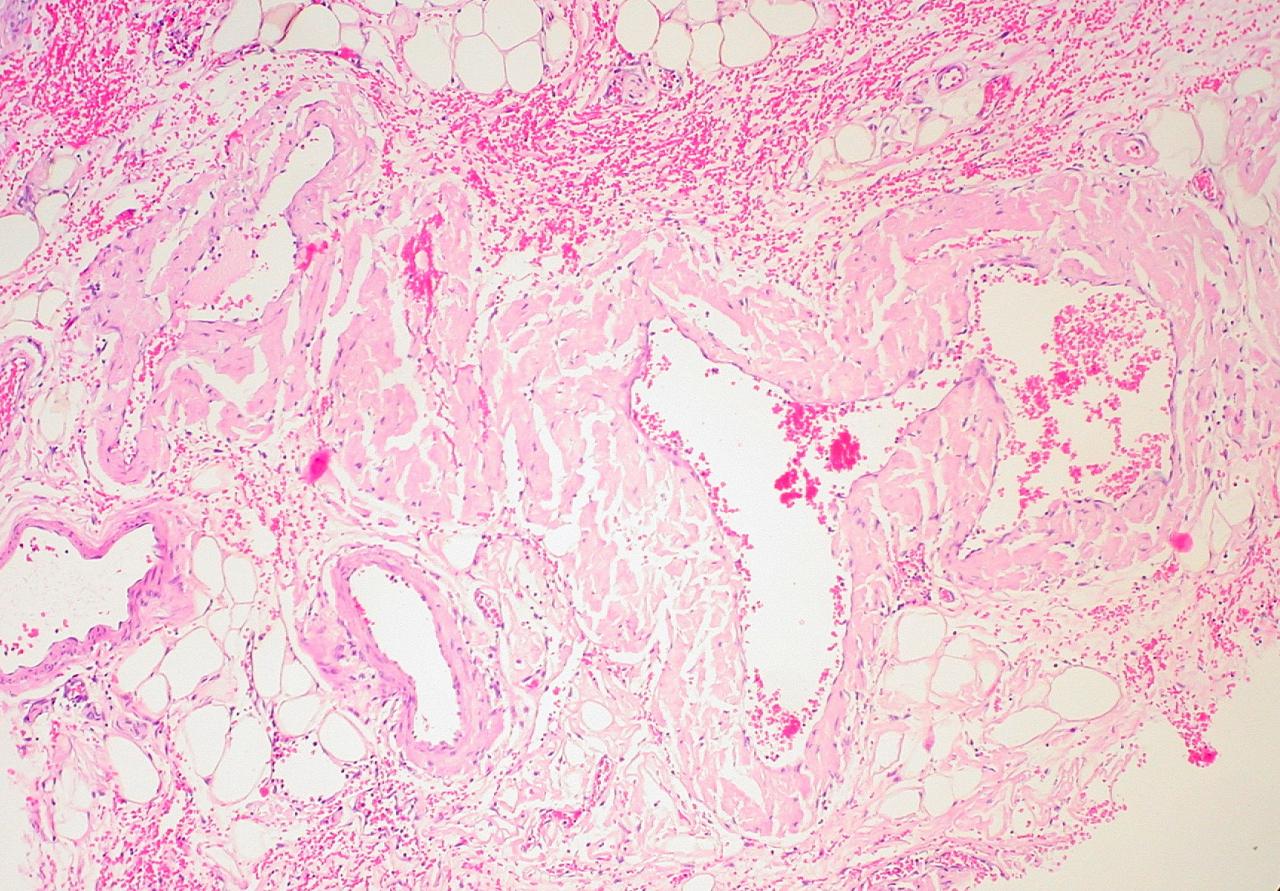Health supplements have become a billion dollar industry. Every type of grass, weed, herb, plant, or fruit is now being advocated as a health supplement. Extracts from these products are extracted and made into a pill, liquid, potion, lotion, or cream and sold in mega amounts to consumers.
One of these supplements is Gingko Biloba. It is perhaps one of the oldest natural health food supplements around and hyped up to treat many medical disorders. It is also one of the biggest money-maker in the field of herbal medicine.
Ginkgo Biloba leaf extracts have a long history in European medicine, where they have been used to treat early symptoms of Alzheimer’s disease, vascular dementia, tinnitus and peripheral claudication. In the USA, Gingko is classified as a dietary supplement and there are various brands available.
The widespread use of Ginkgo for decades has led to many questions about its effectiveness. Over the years, many clinical trials have been conducted on Gingko. The results have been mixed partly because some trials were not randomized, numbers of patients were small, proper inclusion and exclusion criteria were omitted and follow up was limited. Some clinical studies indicated that Gingko may have mild benefits in Alzheimer’s dementia but other studies claimed that it had no effect. Americans spend close to $100 million annually on gingko in the hope of preventing memory loss and also to boost memory.
To finally establish whether G. Biloba can prevent all types of dementia and Alzheimer disease, a group of researchers recently conducted the Ginkgo Enhancement of Memory (GEM) study, a multisite, randomized, controlled 6-year trial.






Add a CommentComments
There are no comments yet. Be the first one and get the conversation started!